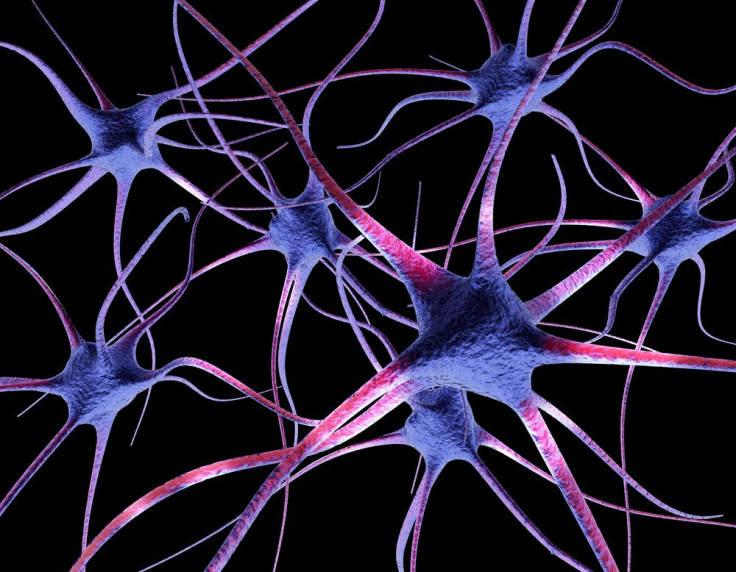Alzheimer’s Disease Sees Reversal Of Symptoms Without Use Of Any Drugs

Alzheimer’s disease affects an estimated five million Americans and is the sixth leading cause of death in the United States. While the disease still remains “incurable,” scientists are working diligently to do the next best thing: reverse the condition’s symptoms. There have been a number of treatments claiming to reverse the effects of Alzheimer’s disease, but one UCLA study proposes a way of doing this without the use of medication.
In a small study, Dale Bredesen and his team at UCLA were able to reverse the symptoms of Alzheimer’s patients with an intense program. The study was relatively small, consisting of only 10 patients between the ages of 55 and 75, all at various stages of the disease, Capital OTC reported. The program involved the volunteers maintaining optimal gastrointestinal health, strategic fasting in order to normalize insulin levels, maintaining desired levels of vitamin D in the bloodstream, and making use of DHA supplements in order to repair broken connections in the brain.
After following Bredesen’s program for a couple of months, nine out of the 10 volunteers reported that they had noticed their cognition to either return to normal levels or slightly improve. It was noted that the only patient to report no cognitive improvements was a 60-year-old female who was already in the late stages of dementia upon entering the program.
The patients were asked to undergo a number of tests, and through doing so Bresdesen and his team were able to identify between 10 and 24 problems in need of correcting in each patient.
"Drug companies tend to come up with a really good patch for one hole," said Bredesen, as reported by CNN. "It's not a surprise they don't work."
According to Bredesen, the key to combating Alzheimer’s may lie in dealing with the many contributing factors one by one, rather than trying to take on the disease as a whole.
"Each one of these things contributes a small piece of the puzzle. It’s like a roof with 36 holes in it. Some people have a big hole in, say, exercise, and maybe a smaller hole in another area," Bresdesen explained, as reported by Capital OTC.
This is what he tried to achieve in his study, and the researcher remains hopeful that this approach will lead to the eventual reversal of the disease's progression and one day help to usher in effective drug-based therapies.
While the study’s results are encouraging, it’s important to keep in mind the small number of volunteers the findings are based on. Alzheimer’s Association Director James Hendrix advised that the results be taken with caution because any number of unknown factors could have played a part in the volunteers’ recovery.
"Outside of a supervised research setting, no one should adopt these specific ideas to try to improve their or a loved one’s memory and thinking. We simply don’t know what the effect would be," Hendrix said.
The results, though small, offer a glimmer of hope to both those living with Alzheimer’s and their loved ones.
Source: Bredesen DE. Reversal of cognitive decline: A novel therapeutic program. Aging. 2014.



























